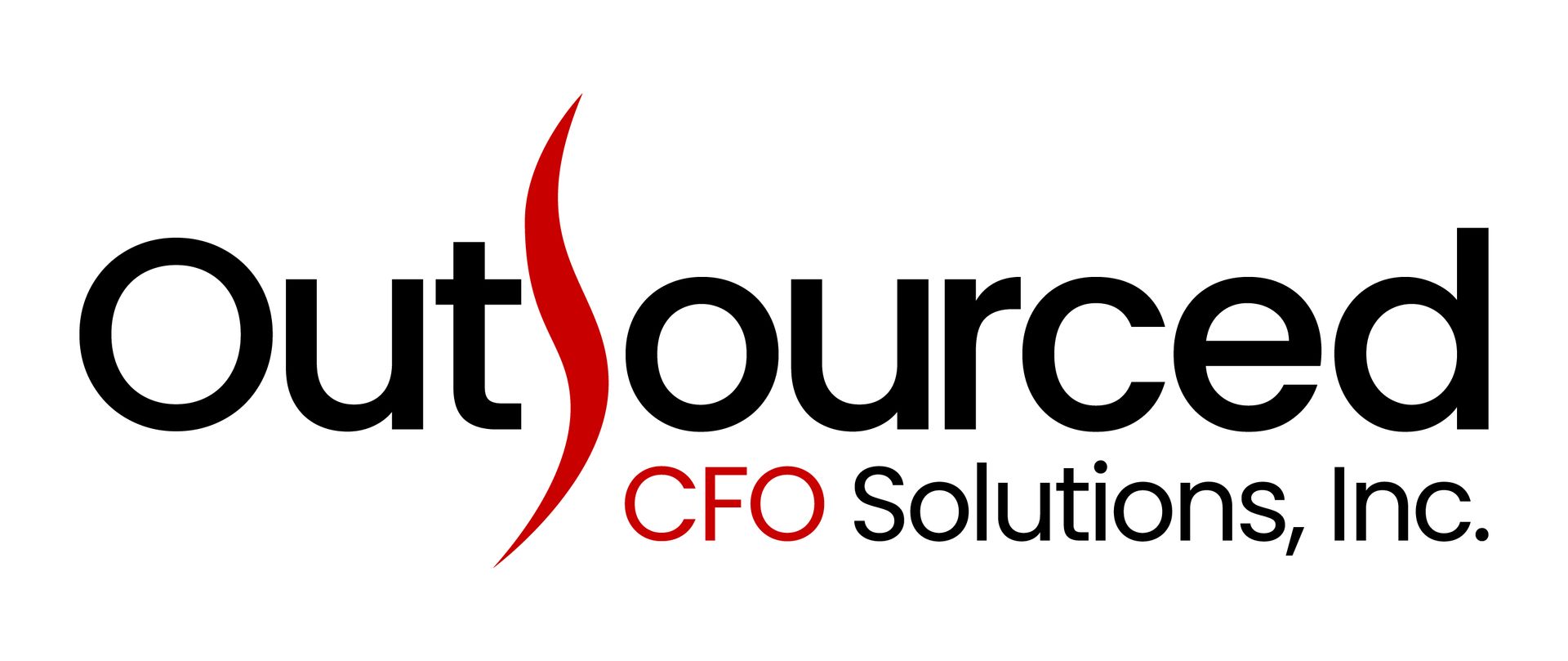Best Practices for Bookkeeping: Ensuring Financial Health for Your Business
A Guide to Staying Organized, Compliant, and Tax-Ready
Effective bookkeeping is the backbone of any successful business. It not only helps you keep track of your finances but also provides valuable insights that can guide your decision-making. Here are some best practices to help you maintain accurate and efficient bookkeeping, especially when focusing on tax purposes and adhering to Generally Accepted Accounting Principles (GAAP):
- Choose the Right Bookkeeping Method:
Decide whether you will use cash or accrual accounting. The cash method records transactions when money changes hands, while the accrual method records transactions when they are incurred, regardless of cash flow. Consider the implications for tax reporting and select the method that best suits your business. - Utilize Accounting Software:
Invest in reliable accounting software that meets your business needs and is capable of handling GAAP compliance. Software like QuickBooks, Xero, or FreshBooks can automate many bookkeeping tasks, reduce errors, and streamline your financial processes, making it easier to prepare for tax season. - Keep Personal and Business Finances Separate:
Open a separate bank account and credit card for your business expenses. This separation simplifies tracking and ensures that your financial statements adhere to GAAP guidelines. Mixing personal and business finances can lead to confusion and potential legal issues. - Maintain Regular Recordkeeping:
Set aside time each week or month to review and update your financial records. Regular bookkeeping prevents a backlog of transactions and helps you stay on top of your finances. Timely recordkeeping is essential for accurate tax reporting and compliance with GAAP. - Document Everything:
Keep detailed records of all transactions, including invoices, receipts, and bank statements. This documentation is essential for accurate reporting and compliance with tax regulations and GAAP. Under GAAP, financial information must be reliable and relevant, providing a clear picture of your business’s financial health. - Reconcile Accounts Monthly:
Regularly reconcile your bank statements with your accounting records to ensure accuracy. This practice helps identify errors, unauthorized transactions, or discrepancies that need to be addressed promptly, ensuring your financial statements reflect a true and fair view. - Stay Informed on Tax Regulations:
Tax laws and regulations can change frequently. Stay informed about tax requirements that affect your business, ensuring your bookkeeping practices align with current laws. Understanding tax implications will help you avoid costly mistakes and penalties. - Work with a Professional:
Consider hiring a bookkeeper or accountant, especially if your business finances are complex. A professional can provide valuable insights, help you navigate tax issues, and ensure compliance with GAAP and tax regulations. - Implement Internal Controls:
Establish internal controls to prevent fraud and ensure accurate financial reporting. This may include limiting access to financial records, requiring dual approval for transactions, and conducting regular audits to maintain compliance with GAAP. - Educate Your Team:
If you have a team, ensure they understand the importance of proper bookkeeping practices. Provide training and resources to help them manage their responsibilities effectively. A well-informed team can significantly improve your overall financial health.
Conclusion
Adopting best practices for bookkeeping is crucial for the sustainability and growth of your business. By maintaining accurate financial records and complying with both tax regulations and GAAP, you’ll be better equipped to make informed decisions, monitor cash flow, and prepare for tax season. Whether you choose to manage your bookkeeping in-house or enlist the help of a professional, these best practices will set you on the path to financial success.



